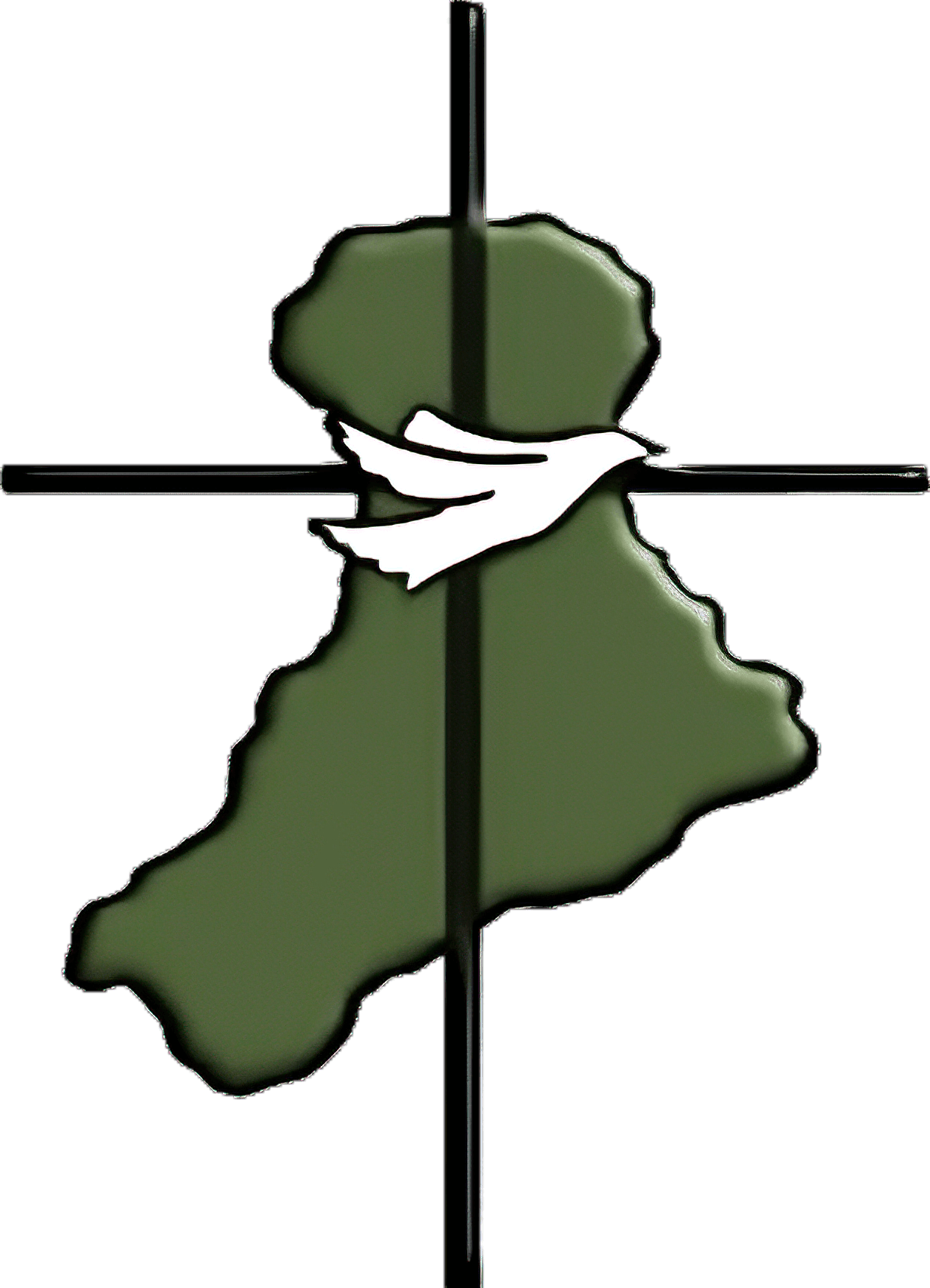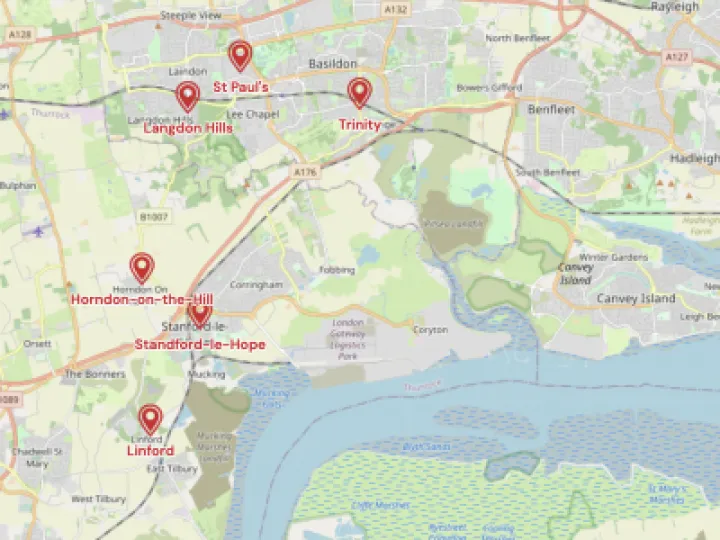The Purpose of Chaplaincy
If they came with expectations of what he might deliver, the women (and a few men) who attended the Methodist Women in Britain Circuit Lunch could only agree that guest speaker Agricultural Chaplain David Gwatin surpassed all expectations. Opening with "I'm a Gwatkin by name and a Gwatkin by nature," he spoke with pride of his family's heritage, farming for seven consecutive generations in the Welsh marches, his father still living in the house in which he was born.
He spoke of his deep sense of being called to ministry and the legitimacy his background and experience afford him to "celebrate and suffer alongside those I seek to serve, through my own struggles as a farmer." For David, those struggles are shared with his family who work as a team to farm on average four hundred head of cattle and sixteen thousand free range hens in North West Herefordshire, close to the border. However, many farmers, David explained, working independently, are culturally and socially isolated. Couple this with financial uncertainty and it makes his "bi-vocational" ministry all the more pertinent, necessary. The roles overlap, he said, with the knowledge learned through hands on experience helping to fuel and drive his ministry. "Like farming, being a chaplain is often about leaving the comfort of our church, our home behind. Getting out there, getting muddy, going to where the need is." He drew an analogy between his human father sending him out to tend the family flock, with our Heavenly father sending him out to tend His lost sheep. It is evocative imagery through which he led to the meat and bones of his address: A challenge to listeners to think about the possibilities of chaplaincy in our communities, to encourage us to notice others and to heighten our sensitivities to the needs of those around us and most importantly to respond to them.
Though not blind to our growing reticence or distrust when approached with a request for help and our inclinations to cynicism when faced with other peoples' need, David urged us to engage in chaplaincy at its most simple, to wear the "cloak of compassion", to be willing to give what we have "to help demonstrate the love of God both as individuals and collectively as chapels."
He recalled when, over three years ago, he embarked upon chaplaincy among the farming communities. He had "this stupid idea that I would be carrying the torch of Christ out into the dark heathen farmers' markets", until he had the "shocking and beautiful" revelation "that God was already at work there!" David held forth, "We need to notice God as well as others, to recognise Him at work and prayerfully collaborate. This is the greatest privilege of being a chaplain."
He concluded the afternoon with a short video featuring chaplains from a variety of workplaces, describing the nature of their work, ensuring that the passion and the purpose behind chaplaincy were glaringly self-evident and beautifully inspiring to all who had the pleasure of attending.
Quick Links
Get In Touch
c/o The Methodist Centre
Lansdowne Road
Bayston Hill
Shrewsbury
SY3 0HZ

